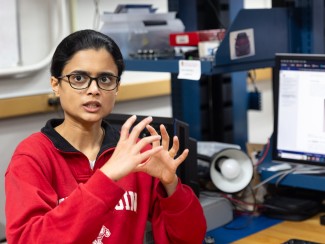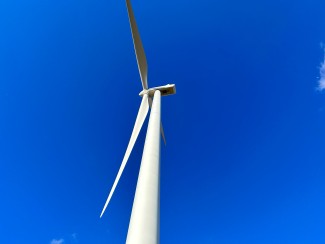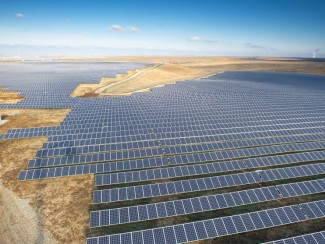Last year when Google paid $3.2 billion for Nest, a startup that makes smart thermostats, the press joked that the internet giant would soon be posting advertisements on people’s home thermostats. But by May, Nest announced that it had used its devices to shave peak-demand energy use by a whopping 55 percent in its first test program. The company offers rewards to homeowners who allow the thermostat – which learns people’s habits over time – to adjust indoor temperatures during the hottest days.

Now, Resource and Energy Demand Analysis (REDA), a new professional master’s program launching at UW-Madison in fall 2015, will train analytically minded students to evaluate the massive amounts of data being gathered by such smart devices. It’s the only training program of its kind in the U.S. or the world.
“We designed the REDA degree to meet the growing need for professionals in consulting, utilities, organizations promoting renewables and other areas of resource conservation,” says Bill Provencher, professor of agricultural and applied economics who has been working in energy consulting for the past 5 years and who will direct REDA.





